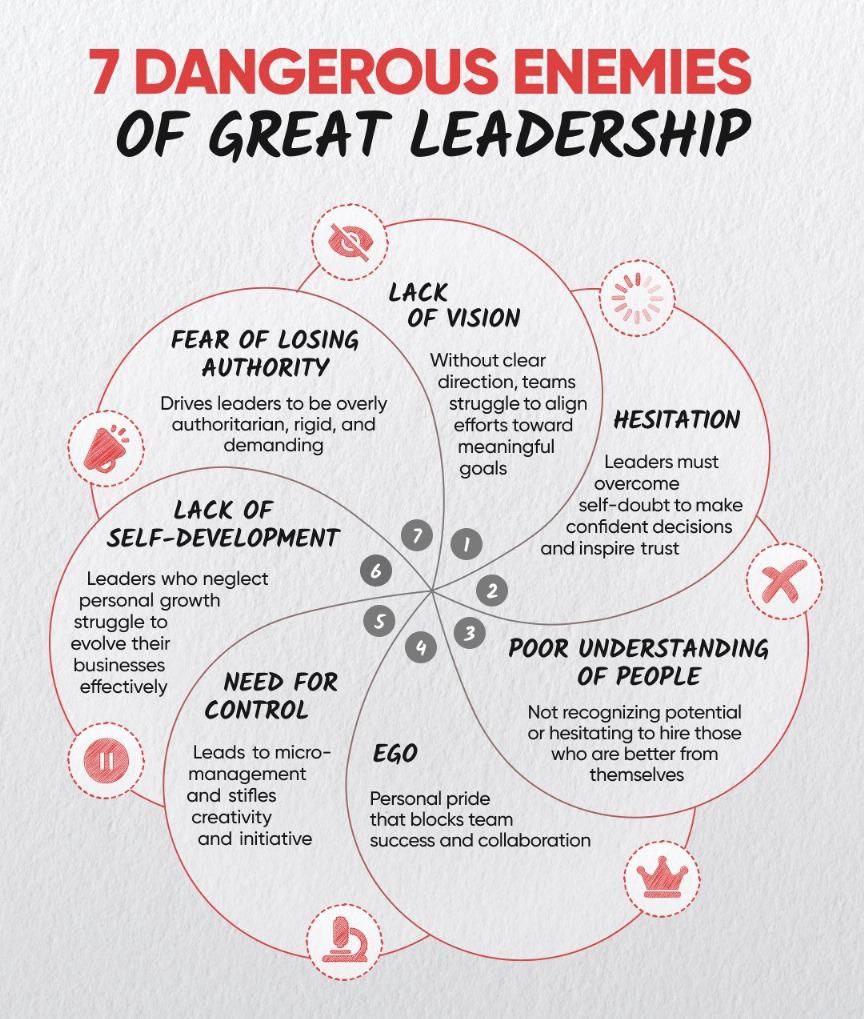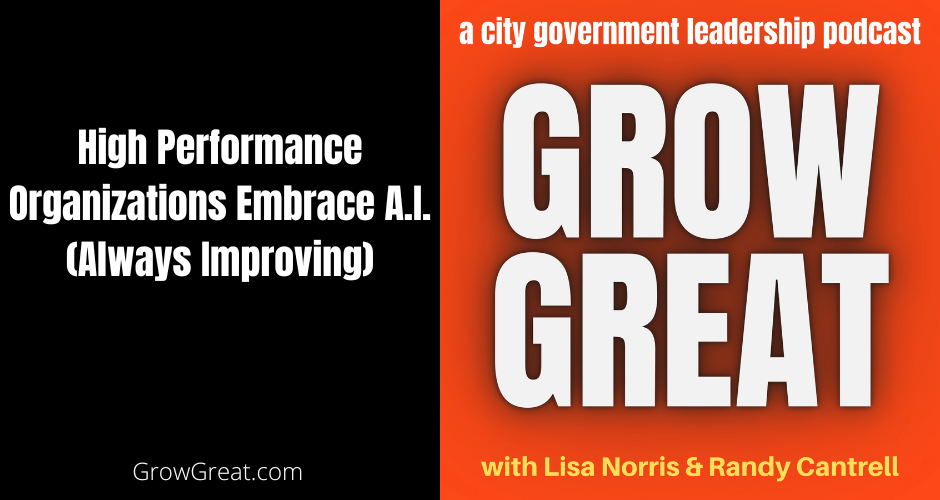If You Don’t Know Where You Are Going, Any Road Will Get You There (Part 1)
Podcast: Play in new window | Download (Duration: 10:09 — 4.6MB)
Subscribe: Apple Podcasts | Spotify | RSS | More
Today’s show title is a line from Lewis Carroll’s Alice in Wonderland. The Mad Hatter uttered the line, and he was right.
Lisa and I saw the following chart on social media some weeks back.

We’re embarking on a short, 7-part series based on this chart. Victoria Repa is the one we saw share this chart.
Lack of vision is the first danger. There may be no better time to figure out vision and goals than at the beginning of a new year.
Be well. Do good. Grow great!

Check out the Hosts page for our profiles.
Connect With Lisa On Linkedin • Connect With Randy On Linkedin
We encourage you to contact us. Feedback, suggestions, criticisms, insights, and experiences are welcomed. Thank you for watching and listening!
If You Don’t Know Where You Are Going, Any Road Will Get You There (Part 1) Read More »












